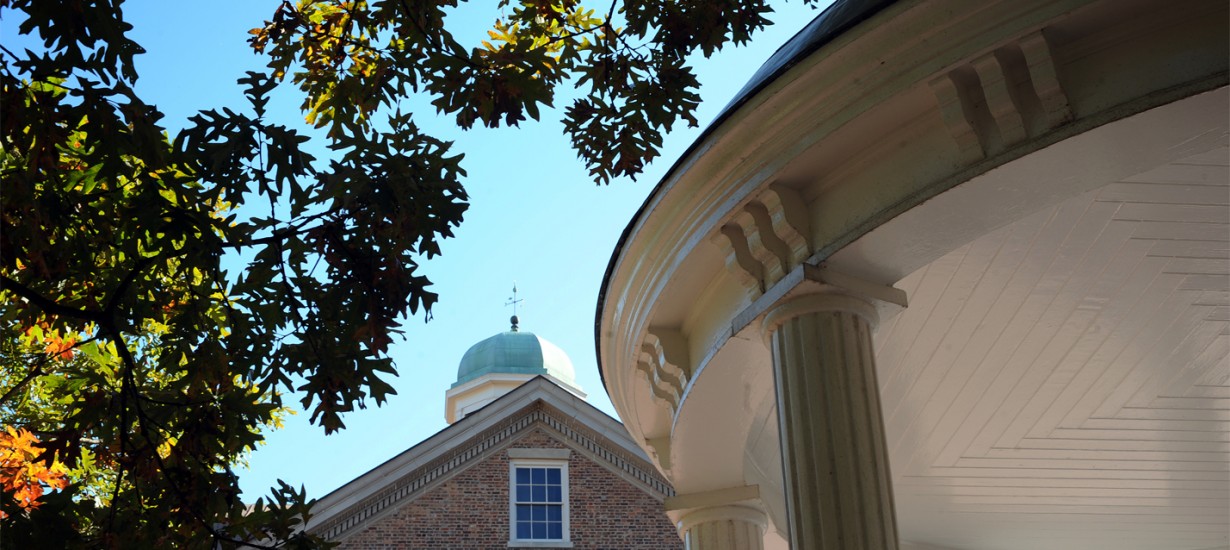UNC Reports Possible Additional NCAA Violations

The University has found and reported to the NCAA two new possible violations of the organization’s rules governing collegiate athletics. One, involving women’s basketball, was found while poring through “5 or 6 million pages” of documents UNC was preparing to release to the public in the wake of last fall’s Wainstein report. The other involves possible recruiting violations in men’s soccer, which is unrelated to the Notice of Allegations received from the NCAA in May.
The University’s response to the NOA, scheduled for next week, likely will be delayed by the new discoveries. UNC self-reported the new information to the NCAA on Aug. 10. If the NCAA determines that the new pieces constitute its Level I or Level II violations, it will have to fold them into the NOA and set a new response date.
Athletics administrators now expect there will not be resolutions of these issues before next spring.
Athletics Director Bubba Cunningham said the new basketball issues are similar to those outlined in the NOA. Cunningham said on Friday that Jan Boxill was a figure in the new discovery, but he declined to elaborate.
In May, the NCAA told UNC that it had violated principles of institutional control and compliance when it failed to monitor the activities of the former department of African and Afro-American studies staff, academic counselors for athletes and Boxill, the longtime philosophy department faculty member and former chair of the faculty who was close to the women’s basketball program as its academic adviser.
Boxill was fired on the day the Wainstein report on the AFAM paper classes scandal came out, and Boxill resigned during an appeals process. The report said Boxill “had a friendly relationship with [Deborah] Crowder [’75, architect of the phony AFAM classes] and arranged for many of her women’s basketball students to enroll in AFAM courses — including paper classes — which Boxill said were used as a ‘cushion’ for student-athletes who needed additional credit hours or a grade boost.”
“On the basketball side, it’s more of the same of what we’ve seen in the past,” Cunningham told a Friday news conference. “It’s not a significant number, and we think it’s more of the same of what we’ve seen in the Wainstein report.”
Cunningham said the soccer discovery came after one of the team’s coaches revealed a misunderstanding of recruiting rules.
“We were giving a compliance test, and one of our coaches got a question wrong and came to get clarity on it,” he explained. “We realized that the coaches misunderstood the rules and created some violations, and we immediately turned that in, so I feel reasonably good that the system somewhat worked. I’m very disappointed in the timing. I’m very disappointed the impact it’s going to have on the institution, on the program and how it delays where we were, but I’m proud of the fact that people own the mistakes when it happens.”
Cunningham continued: “Obviously we’re disappointed that this is protracted any further than it has already been. What we have really tried to achieve throughout the last couple of years is to really be open and provide information as we get it as openly and as quickly as we can to people. I think, through those issues of trying to be open and trying to follow the processes, we’re beginning to earn back the trust that I think we’ve lost over time with a lot of folks.”
UNC issued this statement about what will happen next in the process:
“Upon receiving the results of the review, the NCAA enforcement staff will decide whether its current notice of allegations needs to be amended. Under these circumstances, the University will delay submitting its response to the current notice on the original Aug. 18 due date, consistent with NCAA procedures. The NCAA will set a new response date following the supplemental review of the new information.”
In May, the NCAA charged the University with failure to monitor AFAM studies and UNC’s academic support center for athletes and asserted that UNC failed to rein in both when some employees began working together to perpetrate academic fraud over an 18-year period.
The NOA categorized this as a “Severe Breach of Conduct case” or “Level I violation.”
Other than coming down hard on the known principals in the matter, the letter did not mention names of UNC officials except in “exhibits” cited as evidence.
Most, and possibly all, of the exhibits appear to have been taken from the report of independent counsel Kenneth Wainstein, whose investigation last year spurred the NCAA to reopen its probe of UNC. The 90-day deadline for UNC to respond to the NOA was to have been Aug. 18.
